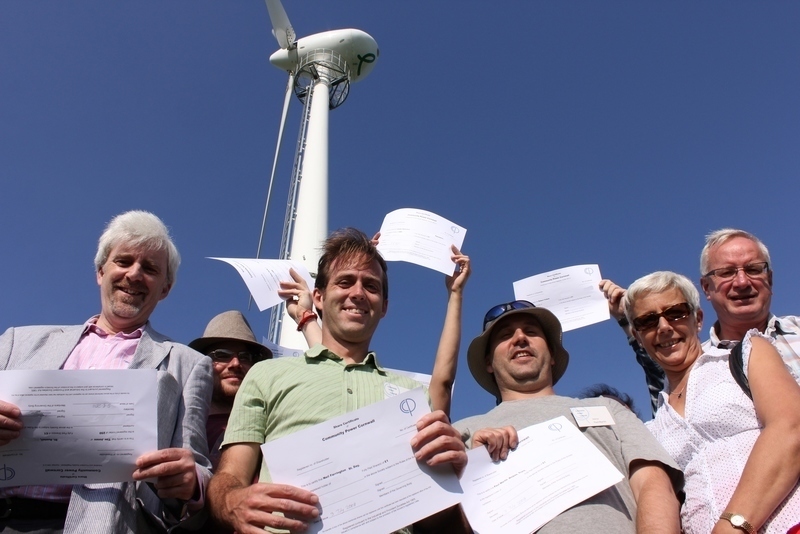Initial trials of Good Energy and Open Utility’s peer to peer energy trading service Piclo have concluded that the system could “bring renewable tariffs to life” and ultimately reduce business energy costs.
Green utilities Good Energy and Open Utility opened the Piclo pilot on 1 October 2015 with 37 different participants from across the country, who immediately started buying and selling renewable-generated electricity between themselves.
Participating businesses in the trial included the National Trust, the Eden Project, BDP and local SMEs including Ferrygate Farm Fresh Eggs and Benson Signs.
The Piclo system uses meter data, generator pricing and consumer preferences to match demand and supply over half-hourly periods. The trial was only open to sites with half-hourly settled meters capable of holding Good Energy contracts.
Piclo matched generation and consumption according to various criteria including preferences, locality and pricing, while consumers were able to select and prioritise where they purchased their electricity from.
Good Energy issued the contracts, meter data and billing services, while also retained responsibility for balancing the market place, providing top-up electricity when required.
Examples provided in the report, published yesterday, demonstrate how one business sourced roughly 40% of its electricity from a large hydro generator over the course of one week in February, but was able to top-up its electricity supply during the day through a large-scale solar farm it had been matched with.
This, the report stated, demonstrated how a business could meet its energy demand through different, complementary renewable technology types.
Rosie Frankland, commercial manager at the National Trust, said that the pilot had been a “great experience”.
“It has provided a transparent, easy to use mechanism for the Trust to offer its renewable energy to consumers wanting to source from a renewable generator.
“The features including daily, weekly and monthly graphs showing energy generation and matched consumers, were really helpful in understanding the demand for our energy at different periods. It will be interesting to watch the future development of this concept.” She said.
The Eden Project meanwhile said that initial analysis of the project’s results had shown that the site could save as much as £20,000 each year through reduced Distribution Use of System (DUoS) charges by prioritising locally-generated electricity.
Open Utility lauded the results of the pilot scheme, stating that the opportunity for peer-to-peer energy sharing networks would hinge on the introduction of smart metering which would be a “step-change” for the entire industry.
“We see a complete rewiring of market processes. Open Utility is at the intersection of these mega-trends and is developing online digital services that ensure the customer is put front and centre amid this tide of change,” the report stated.
Juliet Davenport, chief executive at Good Energy, said: “The Piclo trial has provided a glimpse of what a future powered purely by renewables could look like, with everything from rooftop solar to community wind turbines playing a role.”
Open Utility argued that the trial ultimately provided proof of concept of local peer-to-peer matching and proved that Piclo is aligned with Ofgem’s challenges of maximising grid capacity. The pilot scheme’s findings have contributed towards a change proposal co-authored by Open Utility and Reckon LLP, which details the methodology in full.





